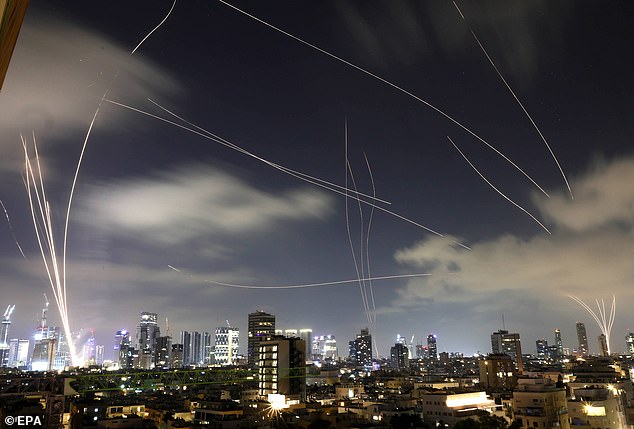
Iran’s Covert Threat to U.S.: Rising Risk of Escalating Warfare and Global Instability
Cyber Expert Warns of Likely Iranian Cyberattacks on U.S. Amid Rising Tensions
As tensions between Iran and Israel escalate, cybersecurity expert James Knight warns that Iran is likely to launch disruptive cyberattacks on U.S. infrastructure if America enters the conflict. Knight, a 25-year veteran in digital defense, predicts blackouts, financial disruptions, and attacks on hospitals, energy grids, and banks.
Malware Already Embedded in U.S. Systems
Knight revealed Iranian hackers may have already planted dormant malware in critical U.S. networks, poised for activation. “They’ve hardened these systems to stay hidden for years,” he said. Attacks could surge even without direct U.S. involvement, fueled by “lone wolf” actors seeking revenge. Iran’s Supreme Leader Ayatollah Ali Khamenei has rejected U.S. demands to abandon nuclear programs, vowing “all-out war” if America intervenes.
[Image: Iranian Supreme Leader Ayatollah Ali Khamenei addressing supporters]
Caption: Ayatollah Khamenei warns of "all-out war" if the U.S. joins the conflict.
Key Targets: Energy, Finance, and Healthcare
Knight, who works with firms and governments to test cyber defenses, highlighted vulnerabilities in power plants and energy grids—prime targets for causing chaos. Hospitals, with outdated security, are also at risk: hackers could breach receptionist computers to shut down ICU devices. “It’s a soft target,” Knight noted.
Financial systems, including banks and crypto platforms, could face disruptions. While such attacks may not cause long-term damage, Knight stressed their goal is “revenge and pain,” not economic collapse.
[Image: U.S. power grid infrastructure]
Caption: Energy facilities like power plants are high-value targets for cyberattacks.
How to Protect Yourself
Knight advises vigilance:
- Avoid suspicious emails: Phishing remains a top hacking tactic.
- Use strong, unique passwords: Never reuse passwords across accounts.
- Enable multi-factor authentication (MFA): Adds a critical security layer via codes sent to your phone or email.
- Update devices regularly: Install security patches promptly.
- Adopt passkeys: Passwordless login methods using biometrics (fingerprint, face scan) are more secure.
[Image: Hacker typing on a laptop in a dark room]
Caption: Cybersecurity measures like MFA and passkeys can thwart hacker attempts.
Iran’s Cyber Capabilities vs. U.S. Defense
While Knight praised Iranian hackers as “highly skilled,” he believes U.S. cyber teams are prepared to counter most threats. However, dormant malware poses a unique risk. “Once activated, these attacks can’t be reused—they’re a one-shot weapon,” he explained. Israel’s elite cyber units, among the world’s best, are already targeting Iran.
Prepare for Short-Term Disruptions
Knight urges Americans to “prepare for the worst” by keeping cash reserves and non-perishable food. Though critical systems would recover within days or weeks, temporary blackouts or payment outages are possible. “Stay calm—these attacks aim for chaos, not permanence,” he said.
[Image: Empty supermarket shelves during a crisis]
Caption: Experts advise stocking essentials in case of short-term disruptions.
With cyberwarfare now a frontline threat, Knight emphasizes proactive defense: “They’ll boast about any success. But if we stay alert, we can minimize the damage.”


